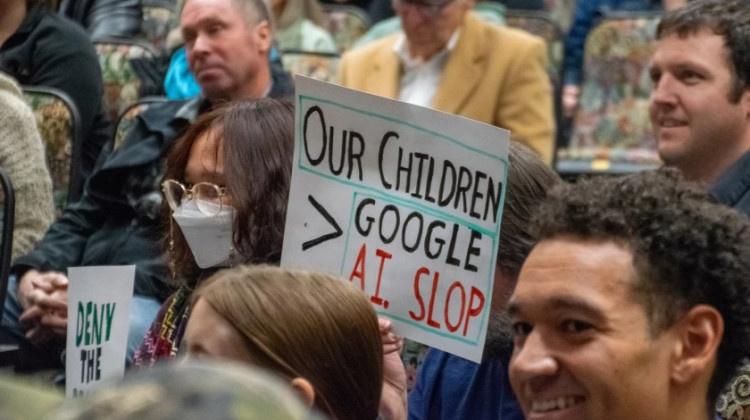Blight elimination programs that use federal money to tear down foreclosed homes and abandoned buildings need more oversight. That’s the recommendation of the Special Inspector General for the Troubled Asset Relief Program — better known as TARP.
Indiana is one of six states that received a second round of federal funding in 2013. It is using $75 million from the U.S. Treasury’s Hardest Hit Fund to demolish vacant properties. State officials say doing so will boost economic vitality because abandoned buildings tend to deter potential developers and increase crime rates.
But the special inspector general’s audit argues the Treasury Department has no way of knowing whether Indiana’s or the other states’ blight elimination programs are making a difference.
The audit explains state officials are not required to regularly report how the money is spent, and the Treasury hasn’t outlined any metrics for what constitutes success.
The inspector general warns that unless more requirements are put into place, blight elimination dollars could go to waste — and cause a repeat of what happened with the Treasury’s first round funding from the Hardest Hit Fund.
The fund was created to provide financial assistance to homeowners at risk of foreclosure, but less than a third of the available money was ever distributed.
Indiana officials declined to comment on the audit, saying the report relates to internal issues within a federal agency.
 DONATE
DONATE






 Support WFYI. We can't do it without you.
Support WFYI. We can't do it without you.